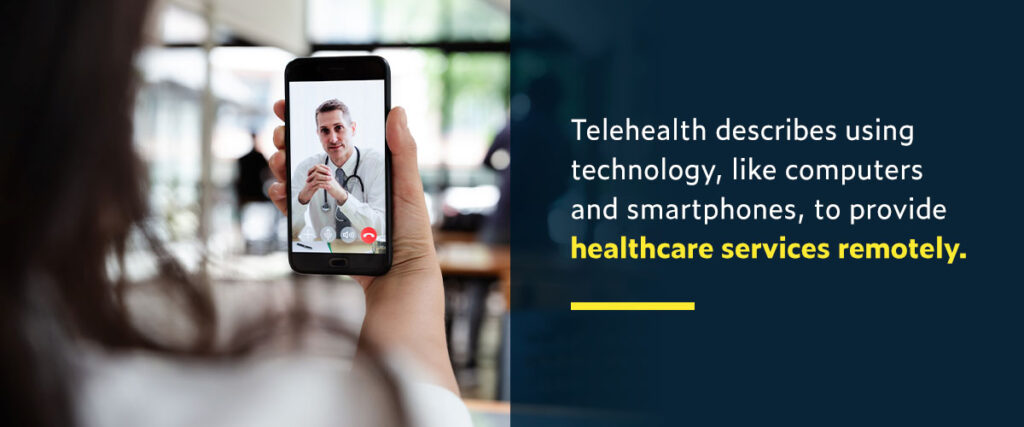How Subscription Based Healthcare is Reinventing Patient Access to Services
How Subscription Based Healthcare is Reinventing Patient Access to Services
Blog Article
Browsing the Future of Medicine With Subscription-Based Medical Care Provider
As the health care market evolves, subscription-based services emerge as a pivotal model assuring to improve patient treatment delivery. With the prospective to provide streamlined, cost-effective remedies with predictable prices and personalized attention, these services stand at the leading edge of modern-day medical innovation. As we consider their rise, one must contemplate the ramifications of incorporating such systems right into existing medical care structures. What obstacles do they position in regards to information safety and security and fair accessibility, and exactly how might they redefine the patient-provider relationship? The answers to these concerns can basically alter our approach to medical care.
Surge of Subscription Health Care
As healthcare systems around the globe face boosting stress from climbing costs and need for services, the arrival of subscription-based healthcare designs has actually emerged as a transformative pattern. This cutting-edge strategy is interrupting standard healthcare distribution by using a foreseeable, flat-rate repayment structure for clinical services. Rooted in the principles of attendant medication, subscription-based healthcare allows suppliers to concentrate on customized individual treatment while simultaneously handling operational efficiencies.
The raising consumer demand for transparency and predictability in health care expenditures has actually driven the shift towards this version. Subscription-based services often provide direct accessibility to health care professionals, which can minimize the management problems connected with insurance policy claims and repayments.
This design is acquiring traction amongst varied medical care suppliers, from primary care doctors to specialized clinics, by aligning economic incentives with constant and preventative care. By moving the focus from quantity to value-based treatment, membership healthcare has the prospective to reshape the landscape, promoting a much more patient-centered and sustainable approach to health and wellness management.
Benefits for Patients

Furthermore, subscription-based solutions commonly emphasize precautionary treatment, motivating regular examinations and wellness screenings. This aggressive method can cause very early discovery of health and wellness concerns, potentially boosting outcomes and lowering lasting healthcare expenses for clients. Such designs commonly use transparent rates, enabling people to better comprehend their healthcare costs and prevent unanticipated clinical costs.
The personalized nature of subscription-based medical care additionally boosts individual experience. People can obtain tailored medical care plans that suit their certain needs, cultivating a much more patient-centric approach. This customization can result in better person contentment and adherence to treatment strategies. Subscription solutions often integrate wellness programs, sustaining clients in keeping total health and wellness and well-being. Ultimately, these benefits collectively add to a much more effective, affordable, and patient-friendly medical care experience.
Modern technology's Duty in Makeover

Synthetic intelligence (AI) plays a vital function in anticipating analytics, aiding in very early diagnosis and customized treatment plans. AI formulas evaluate large datasets to determine patterns that may be overlooked by human observation, thus enhancing professional decision-making. In addition, digital health documents (EHRs) enhance client details management, making sure connection and coherence of treatment throughout numerous solutions and service providers.
Blockchain innovation improves information safety and security and privacy, crucial for maintaining patient rely on electronic systems. It enables safe and secure and clear get redirected here deals of medical data, making certain that delicate details continues to be safeguarded. With the integration of device understanding and AI, blockchain can automate intricate health care procedures, lowering management problems.
Obstacles and Considerations
While modern technology propels the capacities of subscription-based health care solutions, it additionally introduces a set of difficulties and factors to consider that need to be dealt with to make certain effective execution. One considerable obstacle navigate to this site is the fair availability of these solutions.
Information privacy and safety and security represent another crucial factor to consider. Subscription-based services commonly involve the collection and storage of large quantities of individual health and wellness info. Companies should stick to strict data protection regulations to keep individual trust fund and prevent unapproved gain access to, which could result in substantial moral and legal repercussions.
As health care needs evolve, maintaining an economical balance between membership fees and solution quality is important to protect against person frustration and attrition. Addressing these difficulties is vital as subscription-based health care services proceed to advance and increase.
Future Ramifications for Medication
Subscription-based health care solutions are positioned to significantly affect the future landscape of medicine by improving how treatment is accessed and supplied. These designs use the possible to equalize medical care gain access to, providing patients with more timely and personalized interventions. By leveraging modern technology, such as telemedicine and data analytics, subscription services can help with continuous tracking and customized health monitoring, thus improving results and minimizing the concern on conventional healthcare systems.
As these services gain traction, they might promote a change in the direction of preventative care, stressing the significance of very early discovery and management of chronic problems. This positive approach may inevitably decrease health care expenses look at here by minimizing the need for costly therapies occurring from late-stage disease monitoring. Subscription versions use a scalable solution to resolve variations in healthcare access, especially in underserved or country populations.
Nevertheless, the transition towards subscription-based models demands resolving honest and regulatory considerations, including information privacy and fair accessibility. As the industry progresses, collective efforts between policymakers, modern technology programmers, and healthcare carriers will be important to developing robust structures that guard client interests while promoting development. Ultimately, these services promise to add substantially to a more efficient, patient-centered healthcare ecosystem.

Conclusion
Subscription-based medical care solutions stand for a substantial evolution in the clinical field, providing predictable prices and individualized care that boost access and focus on precautionary measures. As the healthcare landscape develops, subscription models are positioned to play a vital duty in shaping the future of medication.
As the healthcare sector evolves, subscription-based solutions arise as an essential design assuring to improve individual treatment delivery.As medical care systems around the globe face raising pressures from increasing costs and need for services, the arrival of subscription-based healthcare models has emerged as a transformative fad (subscription based healthcare).With the rise of subscription-based health care designs reshaping traditional healthcare distribution, people are beginning to experience significant benefits from this ingenious approach. As health care needs advance, maintaining a cost-effective equilibrium between membership fees and solution top quality is essential to stop patient frustration and attrition.Subscription-based health care solutions are positioned to dramatically influence the future landscape of medicine by improving exactly how care is accessed and provided
Report this page